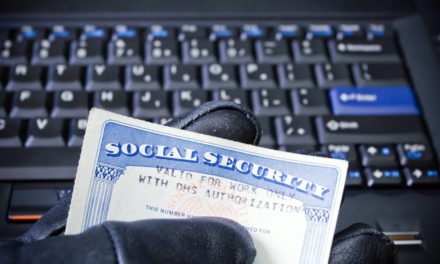British Prime Minister Boris Johnson and the EU are opening the door for Chinese telecom giant Huawei to access 5G networks, and former Republican House Speaker Newt Gingrich argues it’s a huge blow against the U.S. and President Donald Trump.
Gingrich blasted the news that broke Tuesday, calling it “the biggest strategic defeat for the U.S. since the early days of WW2” in an interview with BBC Radio.
‘This is the biggest strategic defeat for the US since the early days of WW2’
Republican @newtgingrich says allowing Huawei to dominate 5G is a failure of western governments which could give China control of communications worldwide#r4today | https://t.co/93f954zmic pic.twitter.com/QeDJCqcx8j
— BBC Radio 4 Today (@BBCr4today) January 29, 2020
“I think people have got to wake up and understand this is a huge failure of our government bureaucracies to respond to a challenge we have seen coming,” Gingrich added.
The U.K. announced Tuesday it would allow technology from Huawei to be used on its 5G network, but it prohibited the telecom giant from supplying equipment used in the core, while limiting its role supplying antennas and base stations for the less sensitive “radio access network.”
The European Union unveiled similar security guidelines for next generation high-speed wireless networks that stop short of calling for a ban on Huawei on Wednesday, in the latest setback for the U.S. campaign against the Chinese tech company.
The EU’s executive Commission on Wednesday outlined a set of strategic and technical measures aimed at reducing cybersecurity risks from fifth-generation, or 5G, mobile networks. The recommendations include blocking high-risk equipment suppliers from “critical and sensitive” parts of the network, including the core, which keeps track of data and authenticates smartphones connecting to cell towers.
No companies were mentioned by name but the term “high risk” supplier was an obvious reference to Huawei, the world’s top maker of telecom infrastructure equipment such as routers, switches and antennas — the hidden plumbing through which wireless companies’ internet data traffic flows.
The guidance in the EU’s “toolbox” for 5G is aimed at helping national governments handle the technical challenges and geopolitical controversy involving Huawei as they prepare to build new telecom infrastructure costing billions of dollars. But it will be up to individual countries to decide what kind of role Huawei will play.
“As many critical services will depend on 5G, ensuring the security of our networks is of high strategic importance for the entire European Union,” the EU’s executive vice president overseeing digital strategy, Margrethe Vestager, said at a press briefing in Brussels.
The U.S. has been lobbying European allies to ban Huawei over concerns it could be compelled to help with electronic eavesdropping after Beijing enacted a 2017 national intelligence law. U.S. officials also worry that 5G networks would rely heavily on software, leaving them open to vulnerabilities, and have repeatedly warned they would have to reconsider intelligence sharing with allies that use Huawei. The company has denied the allegations.
“Our view of Huawei is putting it in your system creates real risk,” said U.S. Secretary of State Mike Pompeo, who was due to arrive in London on Wednesday to meet Johnson and other officials.
Pompeo said the U.S. would evaluate the U.K. policy “but our view is we should have Western systems with Western rules and American information should only pass across a trusted network.”
New 5G networks are expected to drive the next wave of innovation, transmitting massive amounts of data at super-fast speeds from more objects and locations. They would, for example, help make possible “smart” robotic factories.
The recommendations are “based on an objective assessment of risks and a balanced set of possible measures,” Vestager said. “They apply across the board and do not target any specific country or company.”
Under the guidelines, the “risk profile” of an equipment supplier, including the likelihood it is “subject to interference from a non-EU country,” should be taken into account.
Huawei competes mainly with two European rivals, Finland’s Nokia and Sweden’s Ericsson.
The Commission wants EU member countries to implement the guidelines by April 30.
Huawei said it welcomed the EU decision.
“This non-biased and fact-based approach towards 5G security allows Europe to have a more secure and faster 5G network,” the company said, adding it has been operating in Europe for nearly two decades and has a “proven track record” in security.
The Associated Press contributed to this report.




